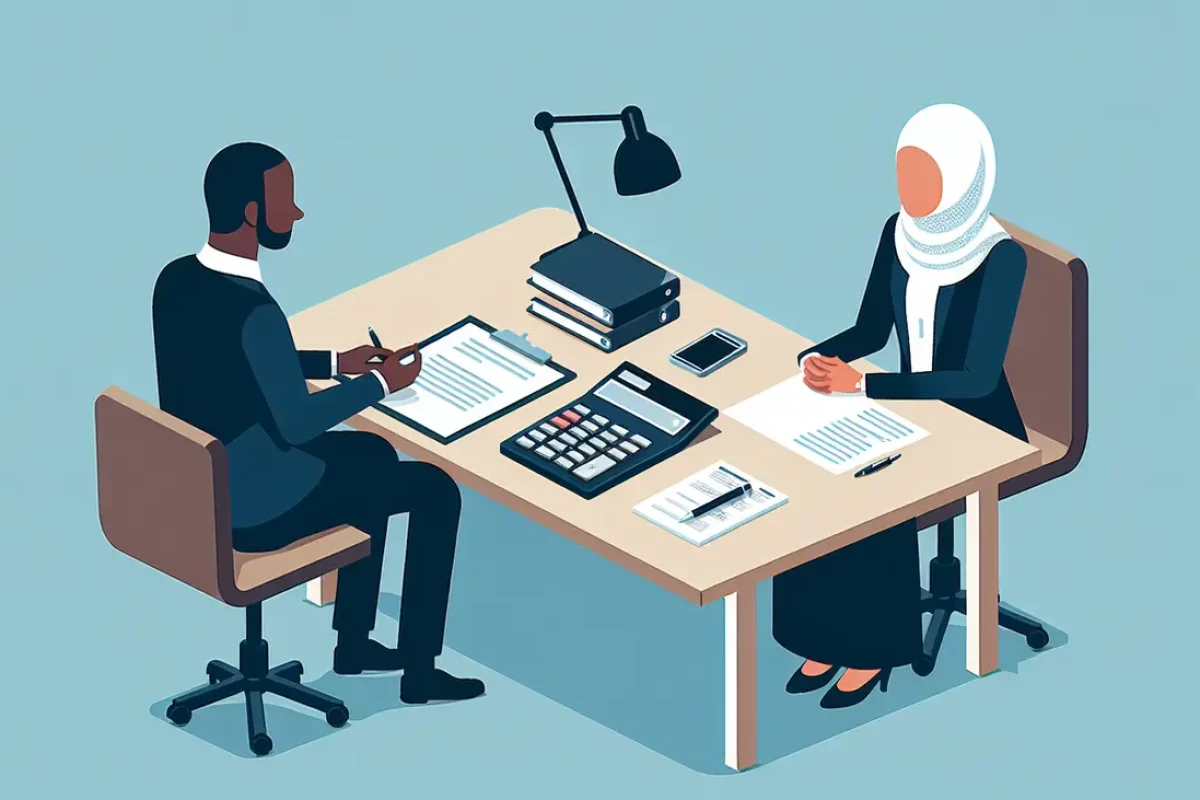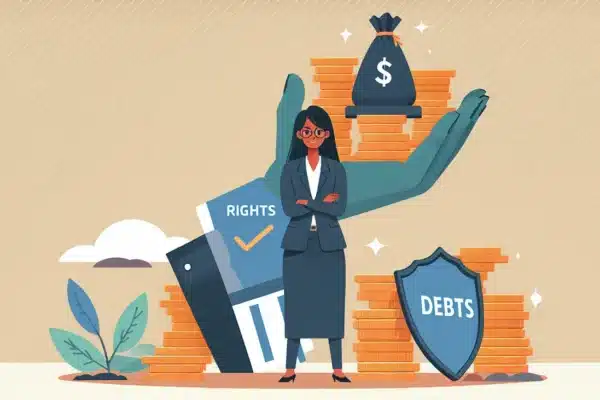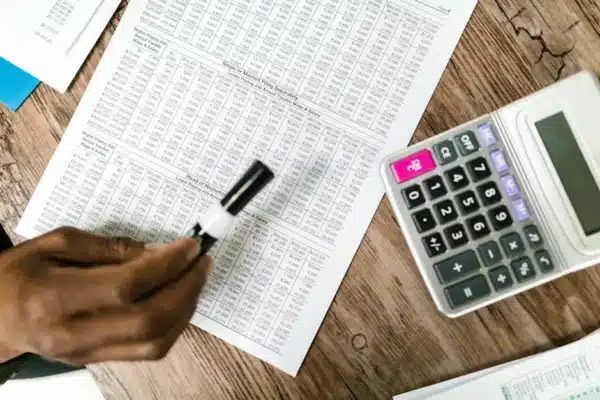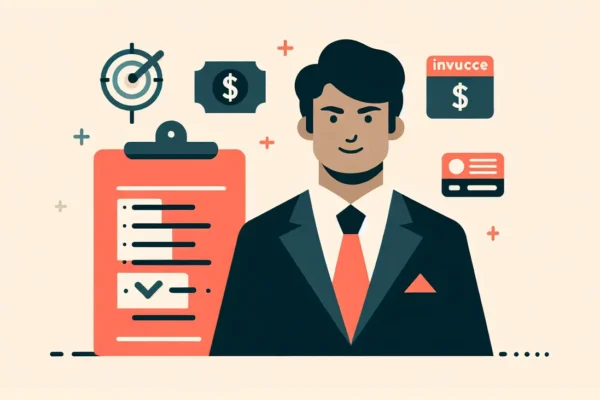Navigating the world of B2B debt collection in the UK can be complex, yet essential for maintaining a healthy cash flow for businesses. Let’s break down what this process is and how it operates in a simple and engaging way.
Understanding B2B Debt Collection
B2B debt collection involves recovering outstanding payments from one business to another. It differs from personal debt collection in terms of scale, regulations, and strategies.
In essence, when a business provides goods or services, they expect timely payment. However, delays can occur due to various reasons. B2B debt collection steps in to bridge this gap, ensuring businesses do not face financial instability due to unpaid invoices.
The B2B debt collection process often involves formal communication, negotiation, and sometimes legal steps to ensure payment. It requires a delicate balance between persistence and maintaining professional relationships.
Why is B2B Debt Collection Important?
Ensuring timely payments is crucial for business operations and liquidity. Proper debt collection can prevent cash flow problems and contribute to a company’s financial health.
For many businesses, cash flow is the lifeline of operations. Delays in payments can lead to a domino effect, affecting everything from payroll to purchasing inventory. Hence, effective debt collection is more than just recovering money; it’s about sustaining business continuity.
Absent an efficient debt collection process, businesses might face challenges in budgeting, expanding, or even maintaining current operations. B2B debt collection serves as a cornerstone to ensure financial predictability and strategic growth.
How Does B2B Debt Collection Work in the UK?
In the UK, B2B debt collection involves several steps, including initial communication, setting payment plans, and, if necessary, legal action. Collection agencies play a vital role in this process.
The process typically begins with a cordial reminder. If this does not resolve the issue, more formal approaches like establishing payment plans come into play. Agencies help by offering specialised skills in communication and negotiation, enhancing the likelihood of recovery.
Should these efforts not succeed, legal proceedings might be initiated. The involvement of B2B debt collection agencies ensures all steps from reminders to potential legal actions adhere to UK regulations and best practices.
For more on managing B2B debt collection, you can explore business debt recovery tips to optimize your approach and align with regulatory standards.
Choosing the Right Debt Collection Agency
Selecting an agency that understands UK laws and the nuances of B2B transactions is key. Consider their reputation, methods, and success rate before making a decision.
A good agency not only aids in recovering debts but also preserves business relationships. Look for agencies with tailored strategies that fit your business’s unique needs, ensuring professional handling of cases without jeopardising client relations.
Choosing the right agency might seem daunting, but it can significantly impact your recovery rates. Opt for agencies with transparent processes, and proven track records, and that adhere to ethical standards in accordance with UK laws on debt recovery.
Legal Aspects of Debt Collection in the UK
Adhering to UK laws and regulations is critical in debt collection. Understanding these legalities protects both parties and ensures ethical practices.
The UK’s legal framework mandates fair treatment of debtors and pertinent steps must be followed in the process. The Late Payment of Commercial Debts (Interest) Act 1998 permits creditors to charge interest, acting as a deterrent to late settlements.
It’s vital for businesses to be familiar with legal routes available for debt recovery and ensure each step taken abides by the Financial Conduct Authority guidelines, thus safeguarding business integrity and mitigating risk.
Tips for Successful Debt Recovery
Remain consistent in follow-ups, create clear agreements, and maintain open communication. Building strong relationships can also aid in smoother debt recovery.
Establishing a routine schedule of reminders before and after due dates is crucial. Tailoring communication tones to match your business relationship with the debtor can further enhance the probability of recovery.
Technology plays a vital role. Using software for automated reminders and tracking interactions can not only streamline the process but also provide transparency and documentation, which are crucial when escalating matters.
For deeper insights on fostering effective business partnerships, don’t hesitate to explore our strategies for successful commercial debt collection.
Wrapping Up: Navigating B2B Debt Collection
B2B debt collection is an essential part of ensuring that businesses maintain a healthy cash flow and continue to operate smoothly. By understanding the process, choosing the right agency, and knowing your rights, companies can manage their debts more effectively.







